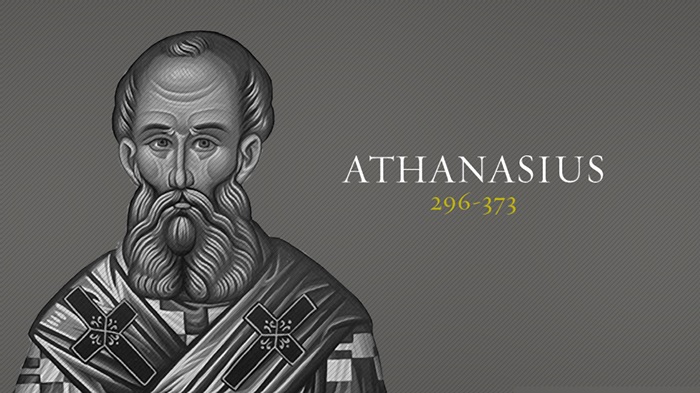Now this is of great importance for it is a refusal to allow a dualist basis and thought to determine the meaning of atonement. Incarnation and atonement are thought together for they co-inhere in one another. Incarnation is essentially redemption and redemption is essentially incarnational and ontological. Thus, the over-repeated stress on forensic and judicial issues in the atonement favored by the West is so much foreign to the Nicene theology for the Nicene concept of atoning salvation is at a deeper level.
Now here we have, I think, a fundamental problem of the Western understanding of redemption and let me put it in this way: If you take the Arian line that the Son is external to God and is not internal to the being of God, and that the relation between the Father and the Son is a moral relation, then you also take the Arian notion of redemption, that redemption is external to the being of the Son, between the being of the Son and us, and therefore is expounded only within a moral or a judicial relation. Now that seems to me, extraordinarily, to be, by and large, the main Western account of the atonement. –From the Audio Lectures of Thomas F. Torrance
Photo credit: Google photos

